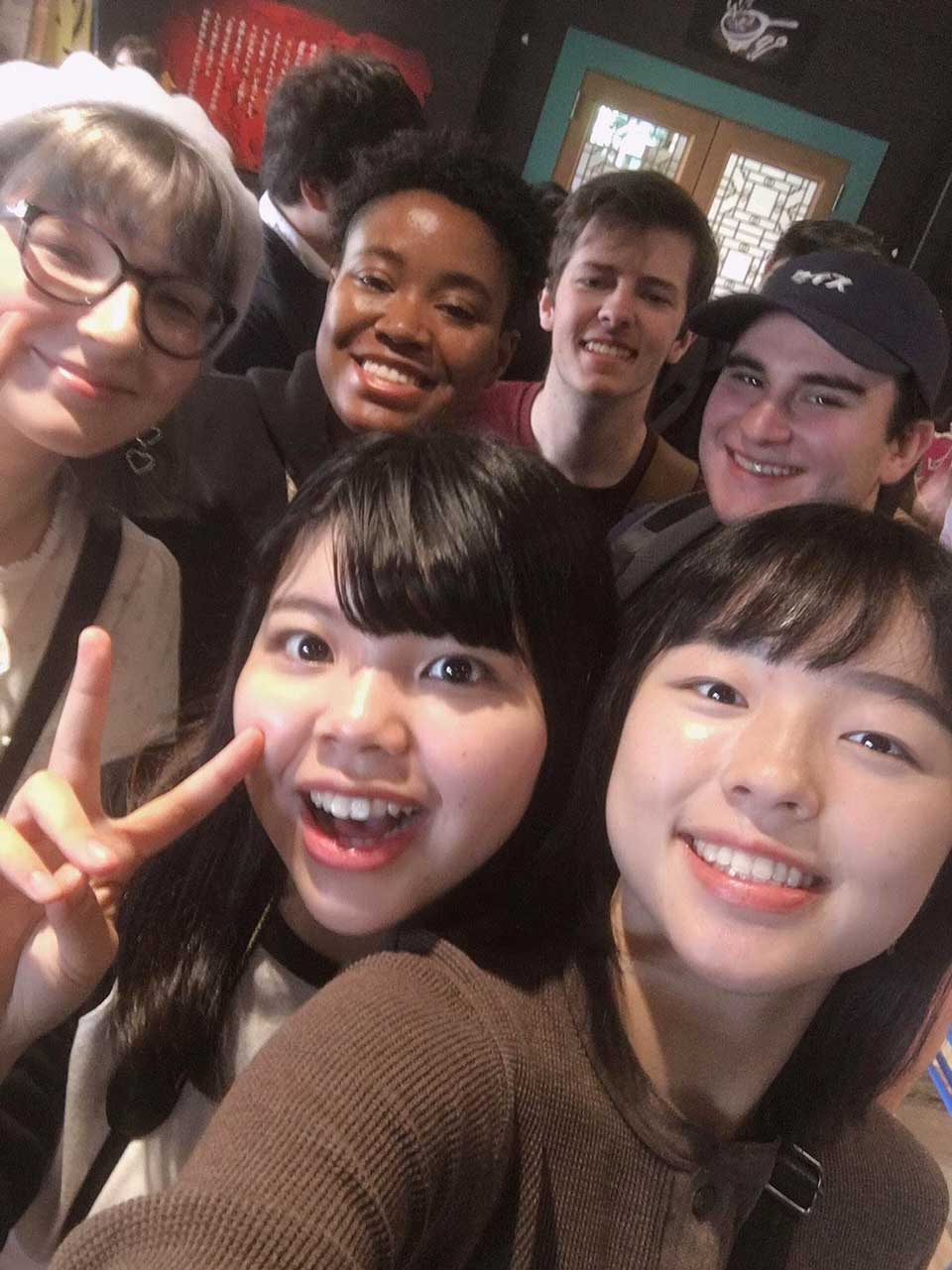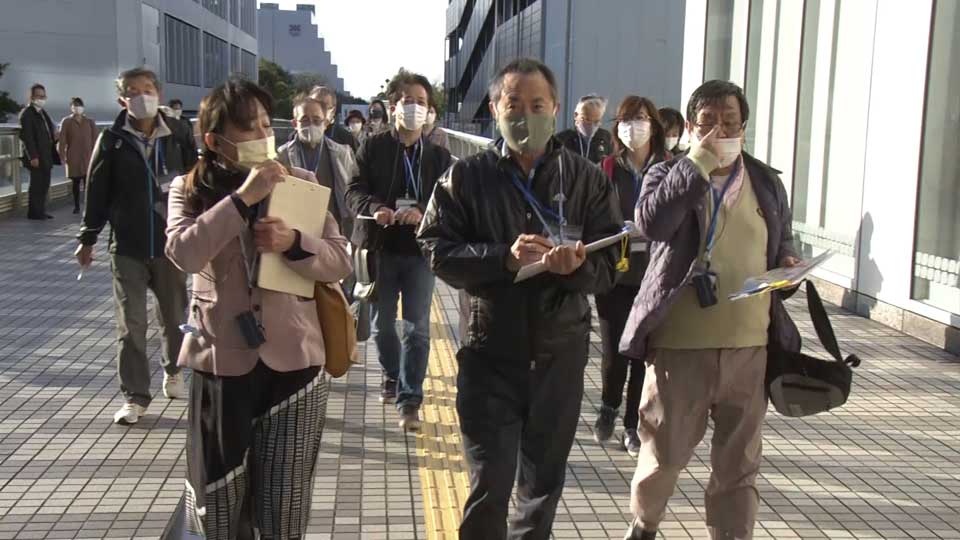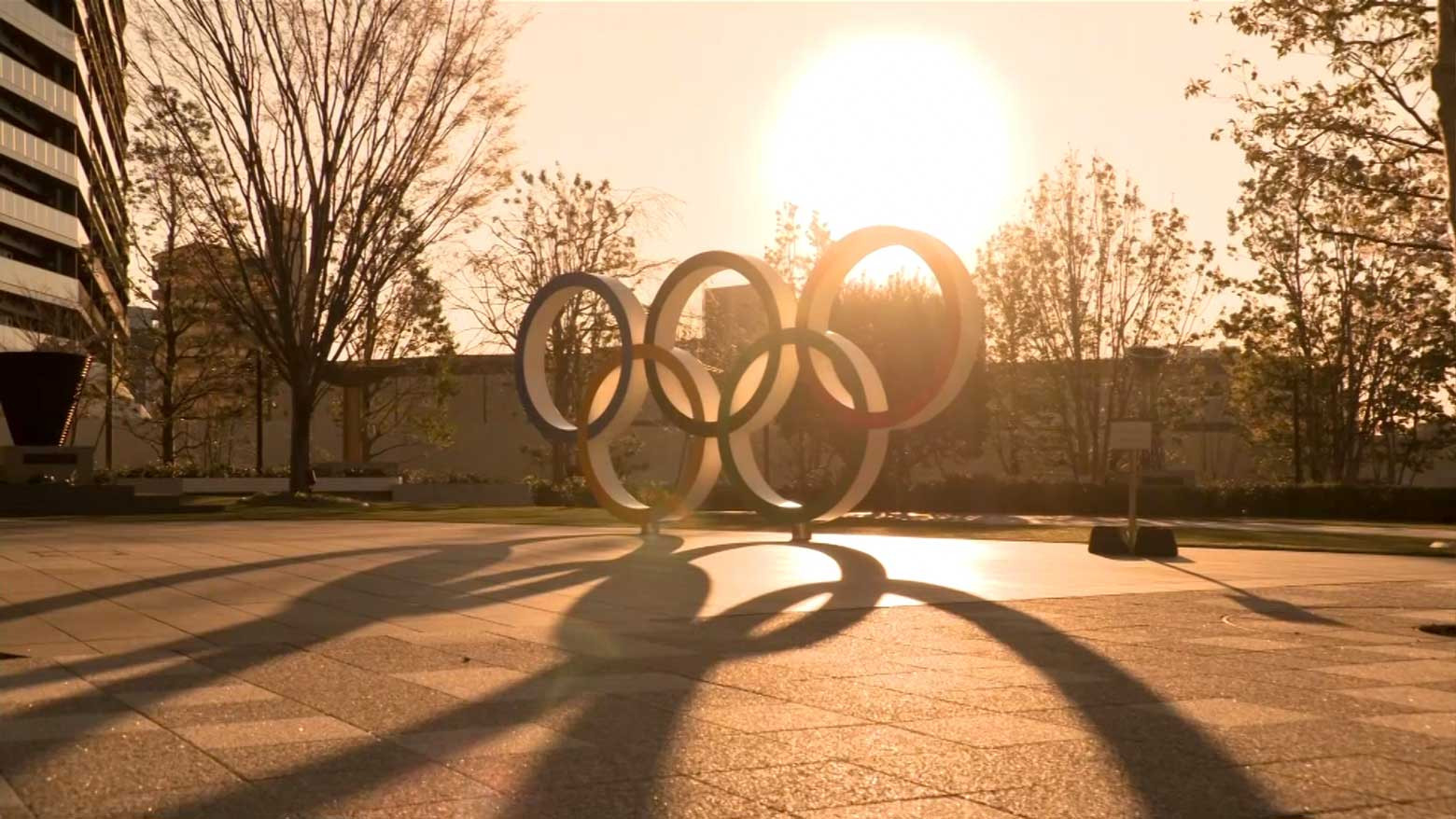Fukushima Hiyori, a 21-year-old university student, has spent more than six months preparing for her role at the Games. She's one of around 30,000 people recruited to be what are known as City Volunteers, stationed around venues and at airports, train stations, and sightseeing locations to answer questions from visitors.
Fukushima has been taking English lessons and joined an international student support group to hone her conversation skills. Her dream was to help ensure that foreign guests enjoyed their time in her country. But suddenly there is no call for her skills.
Fukushima acknowledges that her situation is trivial in the context of a pandemic and says if they still want her, she's ready to volunteer in any capacity.
"My dream of helping people from abroad won't come true, but I'm sure it will be a once-in-a-lifetime experience anyway," she says.

Hase Shunichi, 67, attended Chiba City's training program for City Volunteers last month. He had just begun studying with professional tour guides when news of the international spectator ban broke. He said it was disappointing but he will adapt, and thinks there could be more changes to come.
"Given the situation, it's easy to imagine the extent of anti-virus measures that will be in place during the Games," he says. "It will be completely different from anything we've seen before. And so will our work as volunteers."

Maintaining motivation
Chiba City rolled out its volunteer training program for about 15,000 hopefuls two years ago. Throughout the pandemic, local officials have kept in touch with participants by email, keeping them updated with the situation.
Chiba City official Minegishi Yuki says even though people have been preparing for international guests, and looking forward to using their language skills, there are other ways they can still play key roles.
That's the outlook Kato Keiju has adopted. The 47-year-old is a veteran volunteer, having first offered his services for the 2002 soccer World Cup, jointly hosted by Japan and South Korea. He has started a group that offers tips on volunteering and takes on its own projects, such as a cleanup initiative at a beach near one of the Olympic venues.
Kato says that while it is disappointing that visitors from abroad will be absent, this does not change the fundamental commitment at the heart of volunteering: helping people. And that's something he remains very excited to do.
"People around the world will see not only athletes but also the volunteers working hard to make the event a success, with or without spectators," Kato says. "I want to try my best to showcase Japanese hospitality."
Watch Video 03:19

